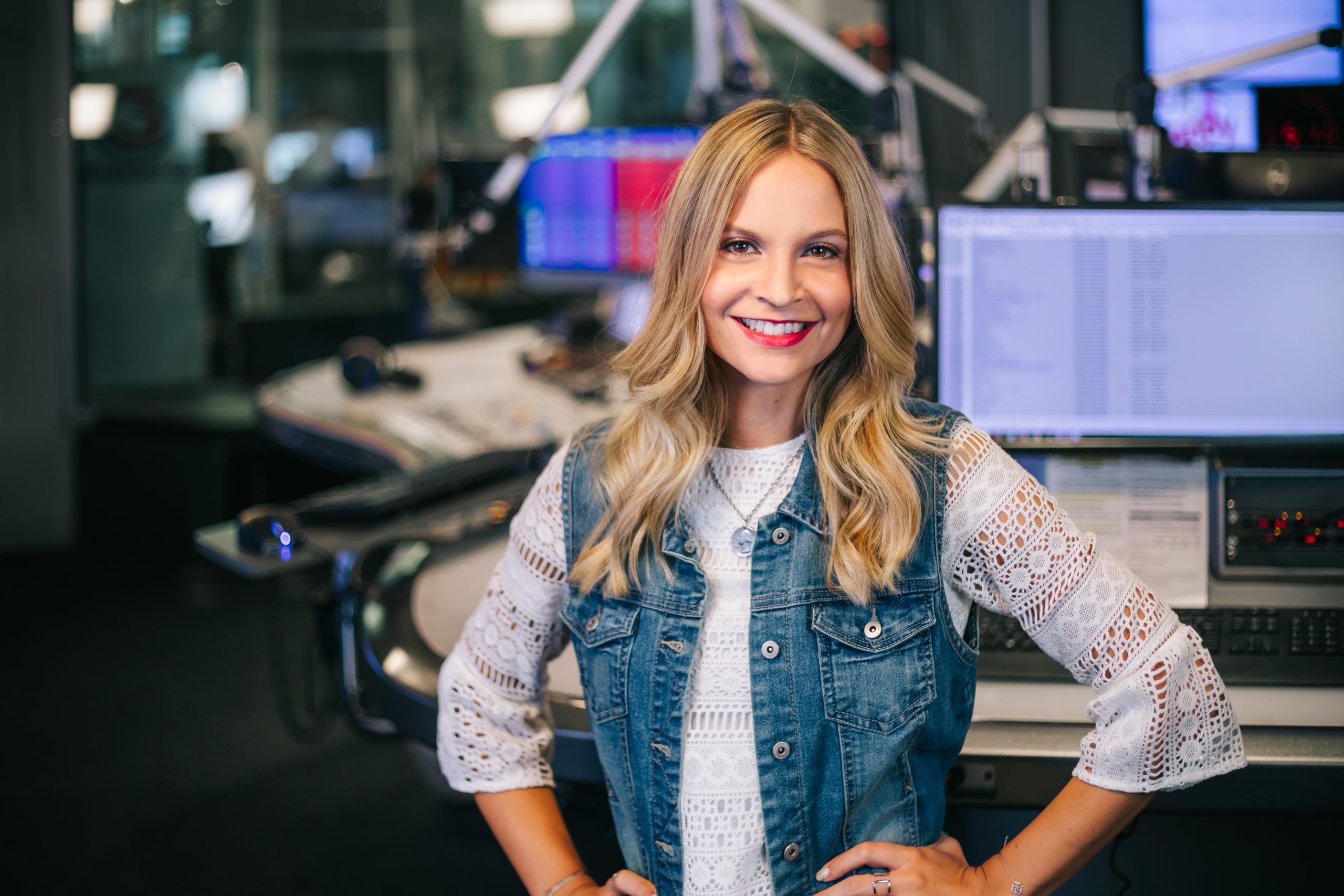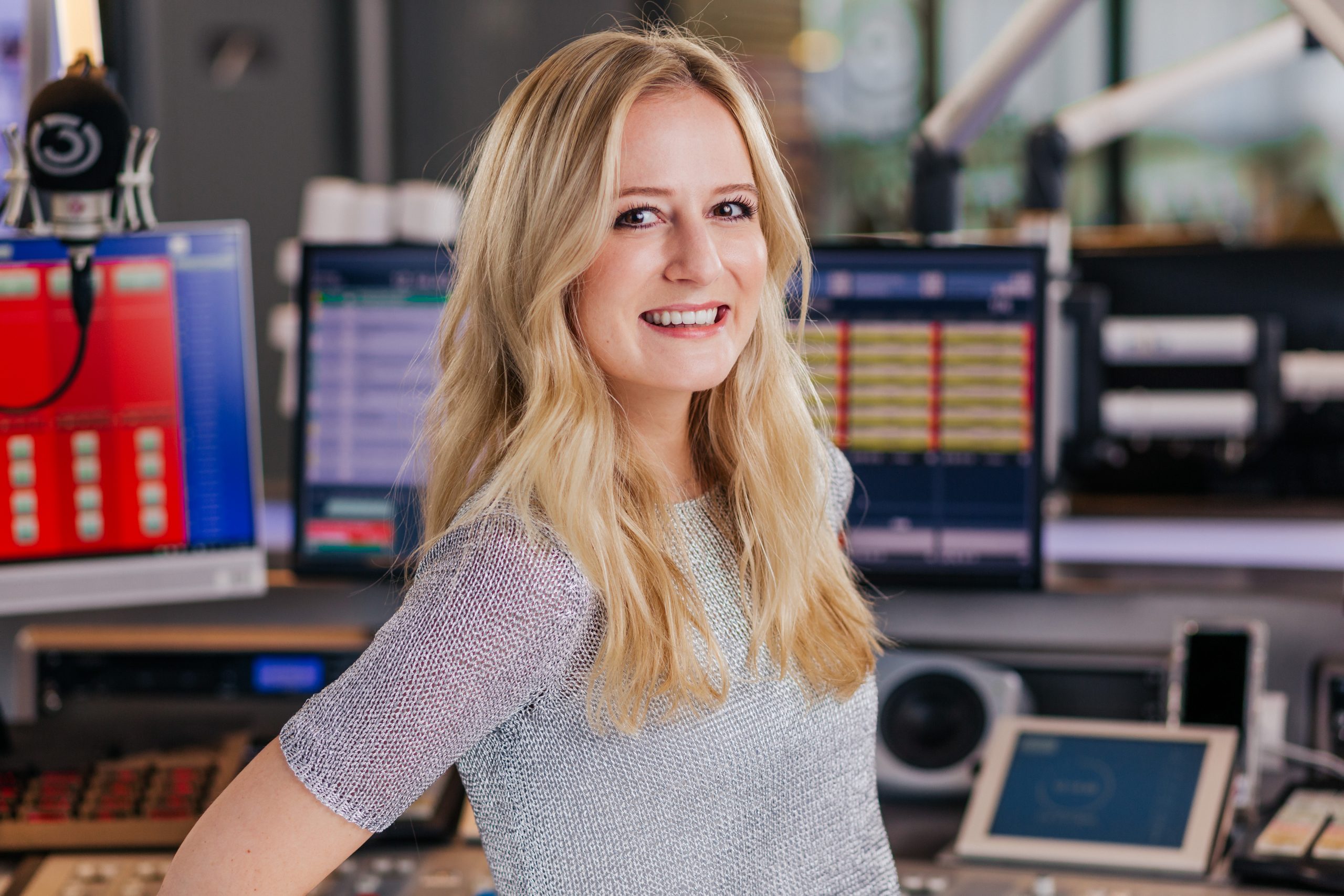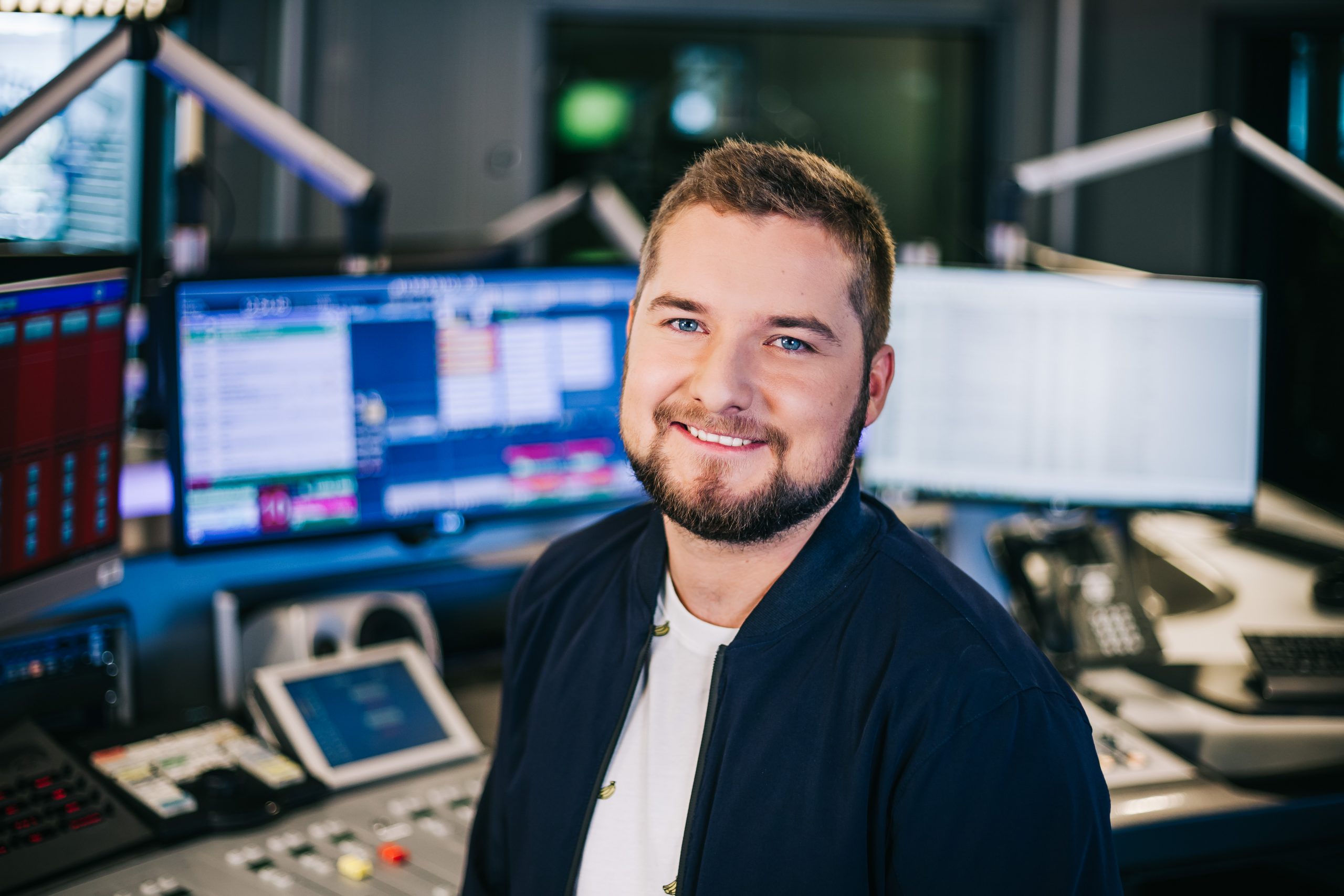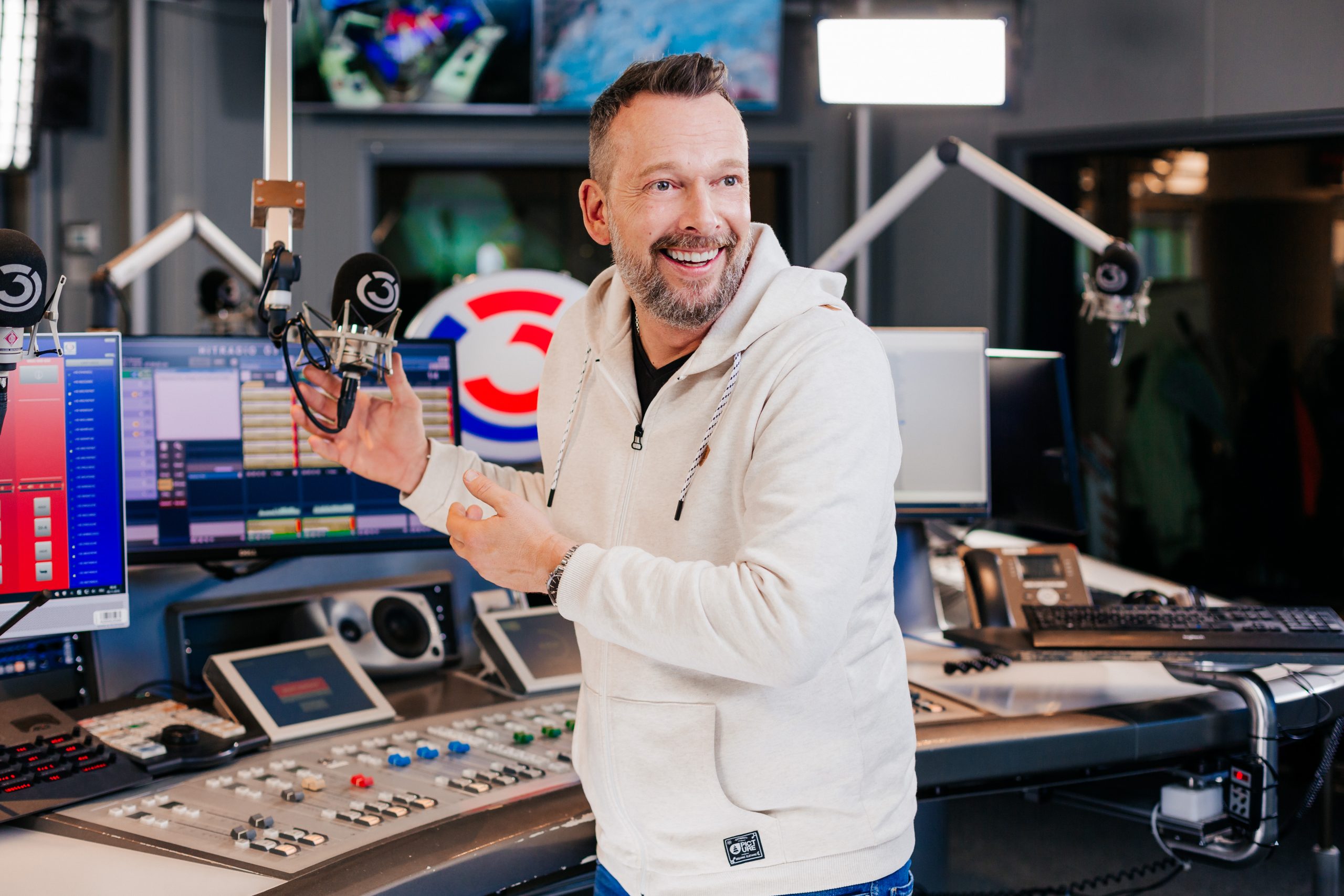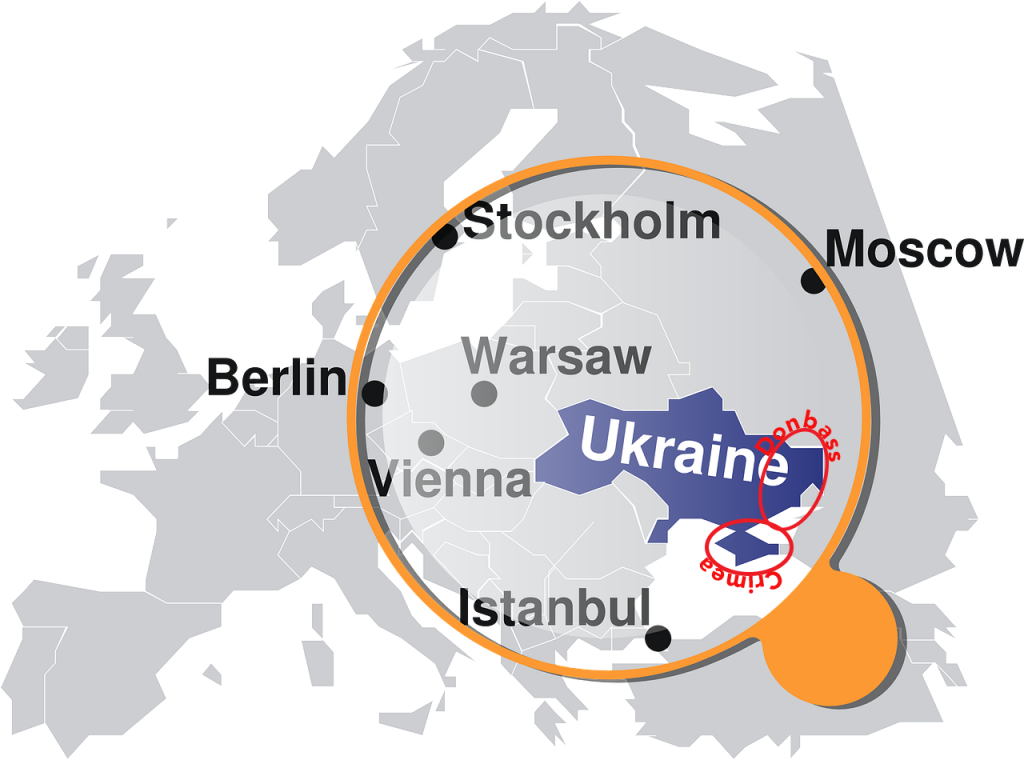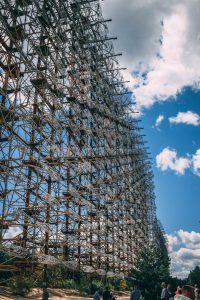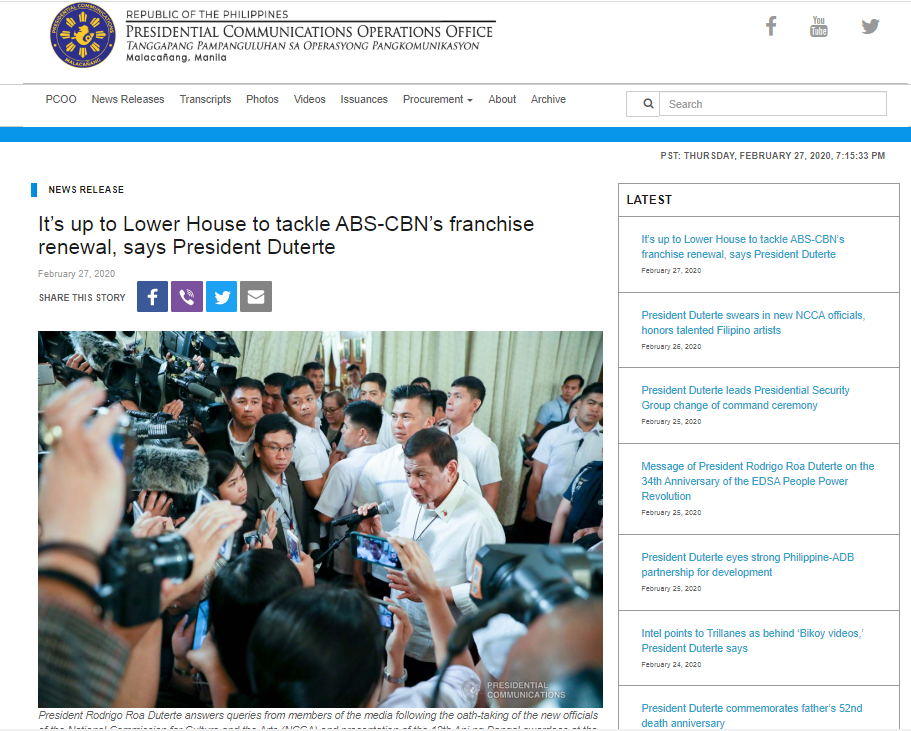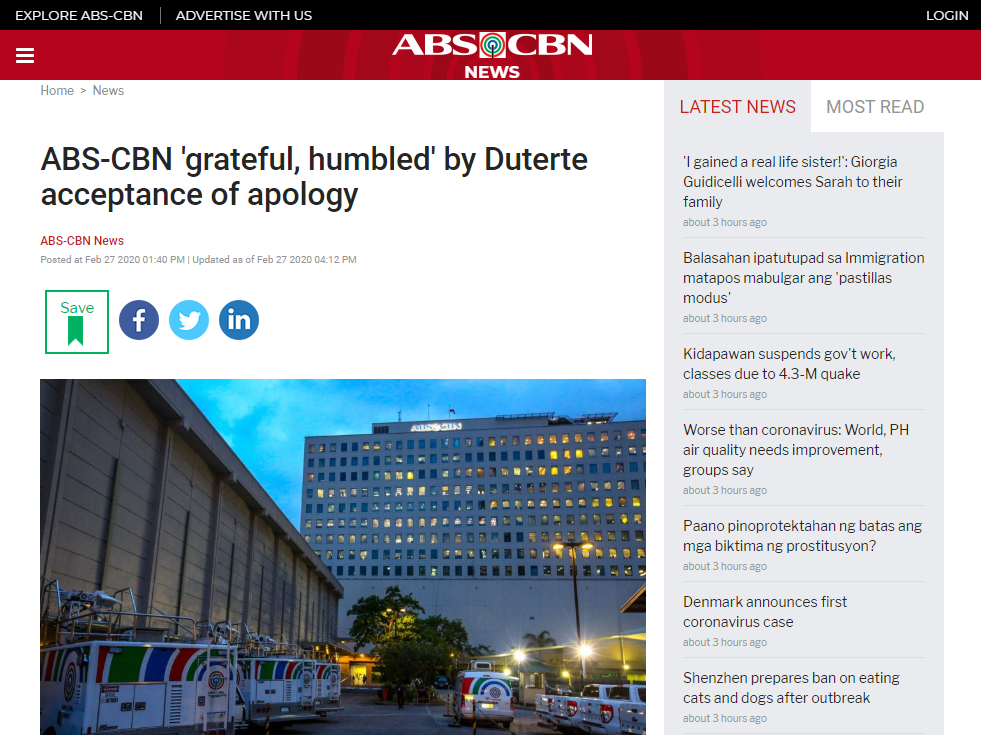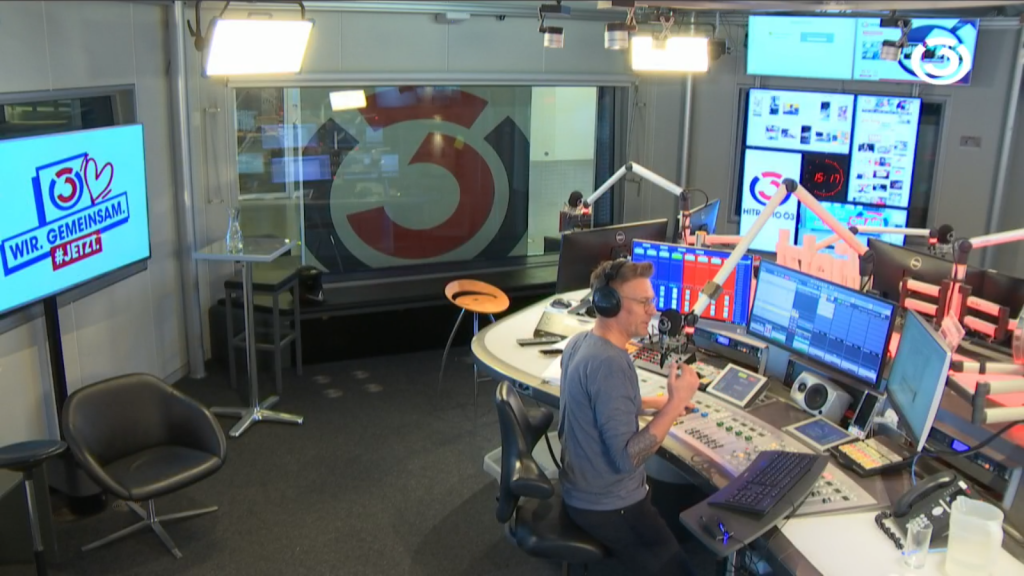
Image: Webcam Radio Ö3, Source
If the pandemic has forced radio stations to set up emergency studios in presenters’ homes in order to keep broadcasting and protect them from contagion, in Austria draconian measures were taken. The national radio station literally ‘locked up’ the presenters working for Hitradio Ö3, the pop channel of Austrian public radio ORF. Their studios in Heiligenstadt, in the 19th district of Vienna, were converted into housing and 22 people (after medical checkups) were put into isolation from March 19th to March 26th, 2020. As well as presenting their programmes live, they lived and slept in the flat for two weeks. (Hopefully none of them had tested positive after the lock in).
All the most famous voices

Image: Roman Pfeiffer, Source
Apart from the Station Manager, Georg Spatt, who accompanied the team on this adventure, there were six presenters and DJs: Robert Kratky, Andi Knoll, Sheyda Kharrazi, Verena Kicker, Tina Ritschi and Tarek Adamski. The other fifteen members of staff included journalists, programming specialists and technicians. The offices were converted into rooms with bathrooms, communal areas such as a coffee bar and all essentials, from a TV to a washing machine, without forgetting the keep fit equipment. Meals were delivered through a security gate.

Andi Knoll
Image: Martin Krachler
Verena Kicker
Image: Martin Krachler
Tina Ritschl
Image: Philipp Lipiarski
Tarek Adamski
Image: Martin Krachler
Robert Kratky
Image: Philipp Lipiarski
Sheyda Kharrazi
Image: Philipp Lipiarski
Image credits below each photo, Source


